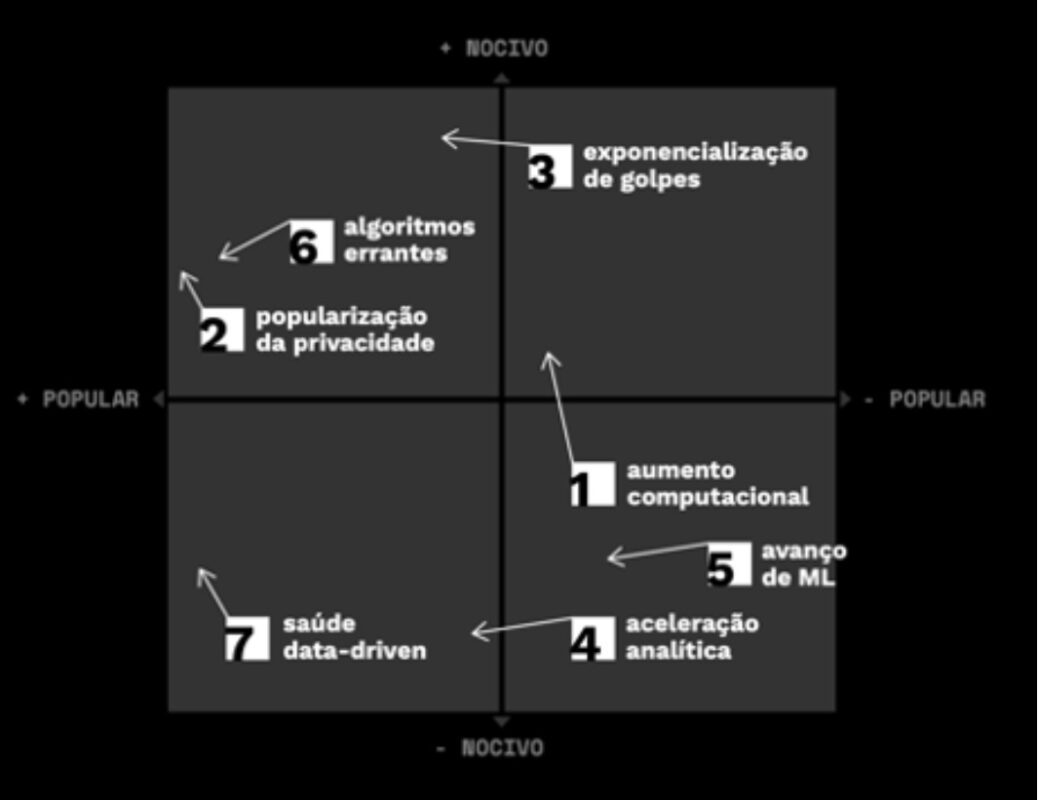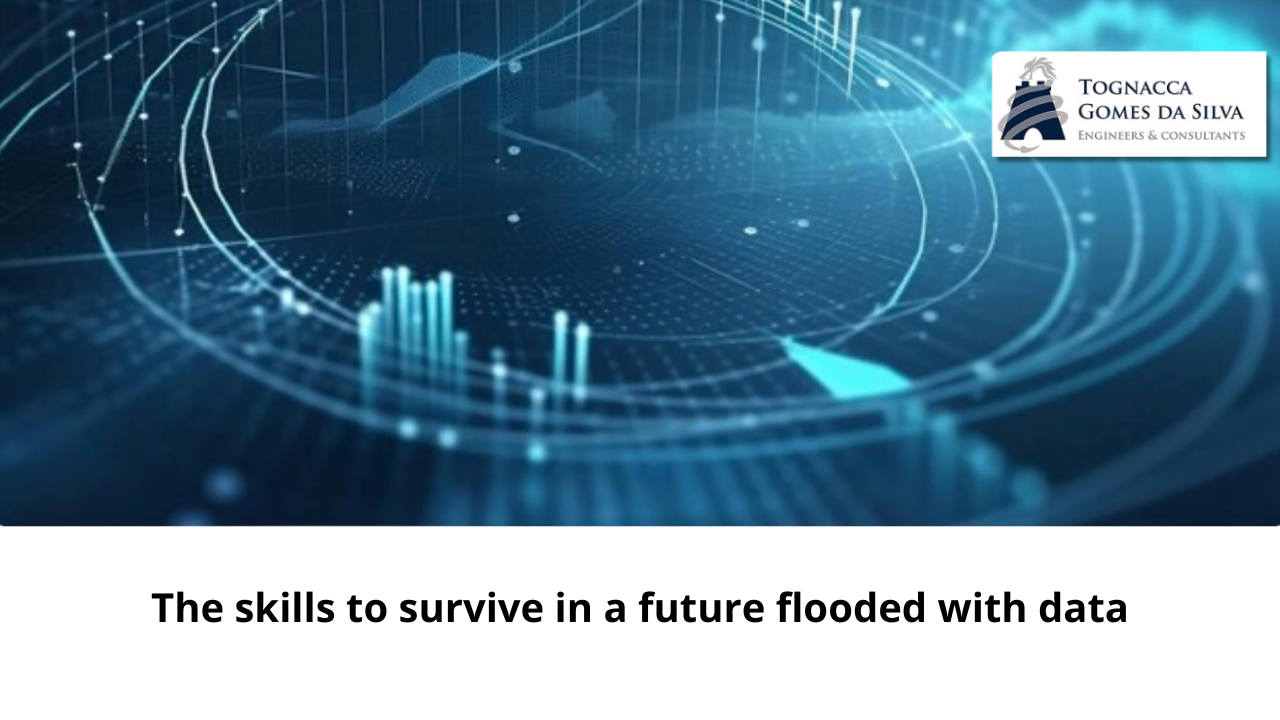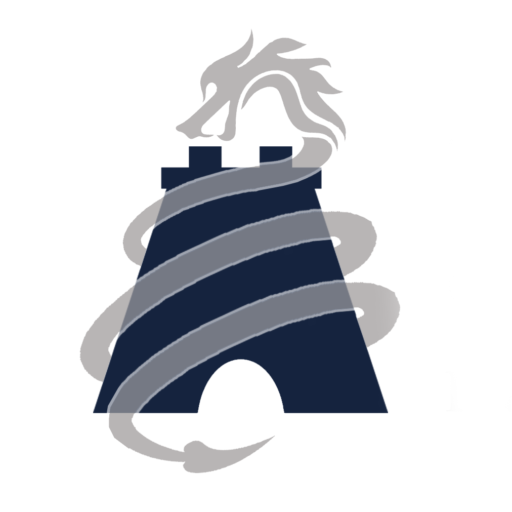It is no longer necessary to explain the importance of data in your life and business, the analytical revolution is impacting everyone right now. Perhaps the big questions during such an accelerated digital transformation are: how to participate in the data-driven movement in business in the best possible way? What types of skills are really important? What characteristics do I need to develop in my professional profile?
I constantly hear these questions here at Cappra Institute from different types of professionals, whether they are technical specialists, individuals from the most diverse business areas or, obviously, from leaders who need to manage this entire transformation that is impacting the world. These answers are not so simple, and they do not fit into a primer, but some important signs about the analytical future point to skills and characteristics that will make a difference in the job market from now on.
We maintain a research unit monitoring everything that happens around data around the world, including news, academic publications, success stories, debates, podcasts, blogs, among many other sources that are captured. From there, we detected the most intense signals, with analysts deeply investigating each of these discoveries. From this observatory of trends in the universe of data, we curated a curation that is transformed into Data Trends, a report that helps some of the market’s main executives choose their next steps and create more resilient strategies for such a volatile market.
In Data Trends 2021, in addition to highlighting the trends, we also recommend the main skills that need to be developed to take advantage of this Big Data wave that has flooded the world. There you will find the 7 themes that are being accelerated by the analytics revolution in 2021, with an additional map of active signals, opportunities and threats for each trend, this year’s themes are:
1. Computational augmentation
2. Popularization of privacy
3. Exponentialization of scams
4. Analytical acceleration
5. Machine learning advancement
6. Wrong Algorithms
7. Data-driven healthcare
At the end of the report we added a graph that shows how these themes will move during the year, this makes it a little clearer what kind of characteristics will make a difference in 2021.

Here are some recommendations, organized by soft and hard skills, which I’m sure will be very useful at this time of market transformation. I organized this list considering three types of professionals:
1. For professionals with a technical profile (technology and exact)
Hard Skills:
– Learn cybersecurity routines;
– Advance in Machine Learning studies;
– Understand the resources and technologies for Big Data available;
– Document algorithm codes in an accessible way for laypeople;
– Study laws on data use and user privacy.
Soft Skills:
– Help reduce the gap between business areas and Analytics;
– Develop analytical skills (cross-checking hypotheses, scenario analysis, data visualization);
– Act in the “translation” of technical topics for other people and areas;
– Interact and collaborate in the construction of business analyses, and not just be the technical reference;
– Promote analytical culture.
2. For professionals with a business profile (any area or segment)
Hard skills:
– Exercise data analysis and information visualization techniques;
– Transform decision making into structured protocols for automation;
– Understand the algorithm creation process (IFTTT);
– Study the terms and laws related to privacy; – Review information security routines when accessing business data.
Soft skills:
– Empathy to participate in the creation of the technical solution, and not just be the one who demands the analysis;
– Improve analytical thinking, challenging problems through data;
– Sensitivity for defining rules that will be part of business algorithms;
– Self-criticism about the use of feeling in day-to-day decision making;
– Transform analytical culture into a practice.
3. For leaders (any type or size of business)
Hard skills:
– Strengthen the use of evidence in defining strategies;
– Review the analytical skills of teams (business or technical);
– Search for an immersion course in new technologies (strategy);
– Understand privacy terms and laws;
– If you are a business person, look for a technical partner; If you are a technician, look for a business partner.
Soft skills:
– Openness to insert technical elements into all business solutions;
– Develop analytical skills (cross-checking hypotheses, scenario analysis, data visualization);
– Actively debate the business rules that will be part of the “codes” and automation software;
– Give freedom to information, but monitor and measure decisions;
– Encourage analytical culture.
As I mentioned previously, the intention here is not to leave a primer, but rather some recommendations for skills that will be increasingly important from now on, due to the rapid digital transformation that the world is going through. Regardless of your professional profile, you will need to become a more analytical person from now on. No professional profile or type of business will be left out of this data-driven movement. Information technology and data are already part of absolutely everything, but you need to develop skills to make the most of this precious resource that is at your disposal. In a future flooded with data, those professionals who are best prepared to navigate the analytical culture will be the ones who will be able to obtain the best results from this inevitable digital transformation.
(source:Ricardo Cappra/ MIT Technology Review )



